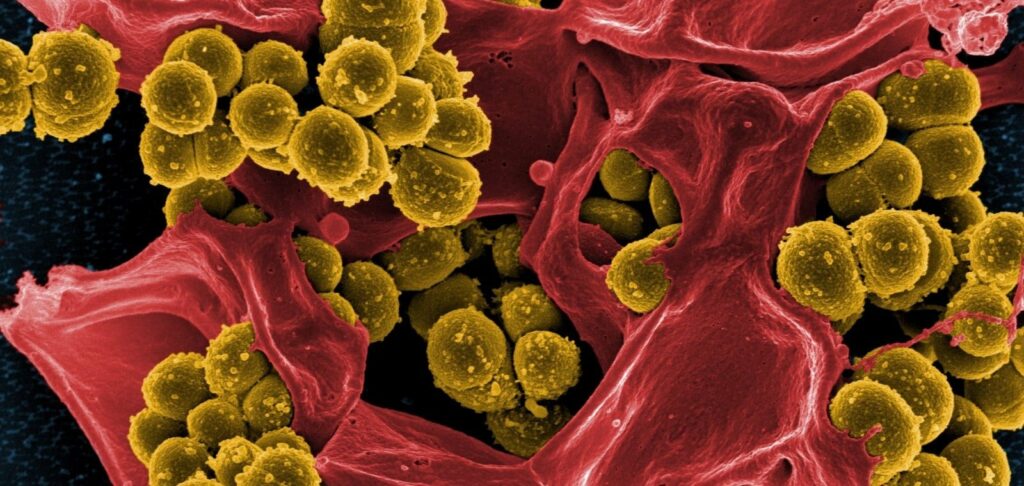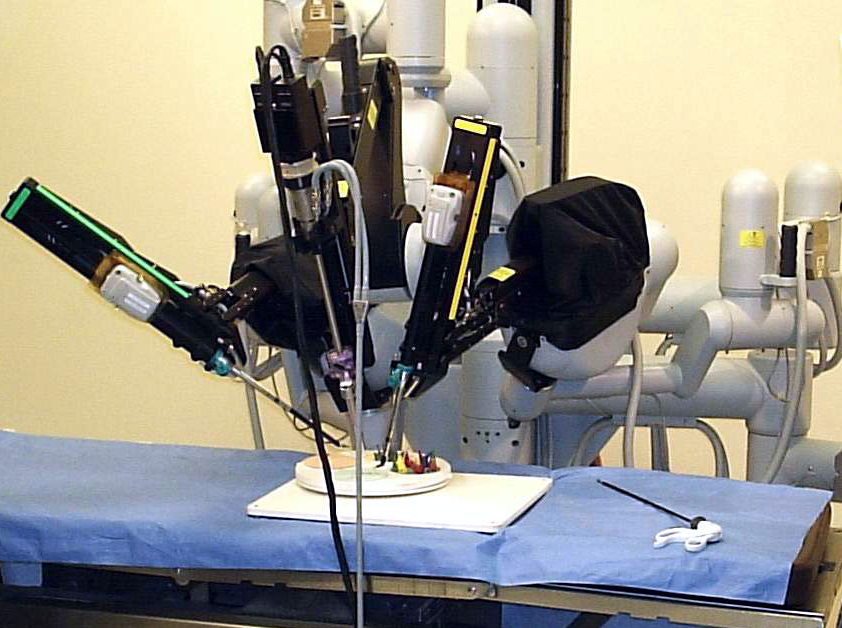
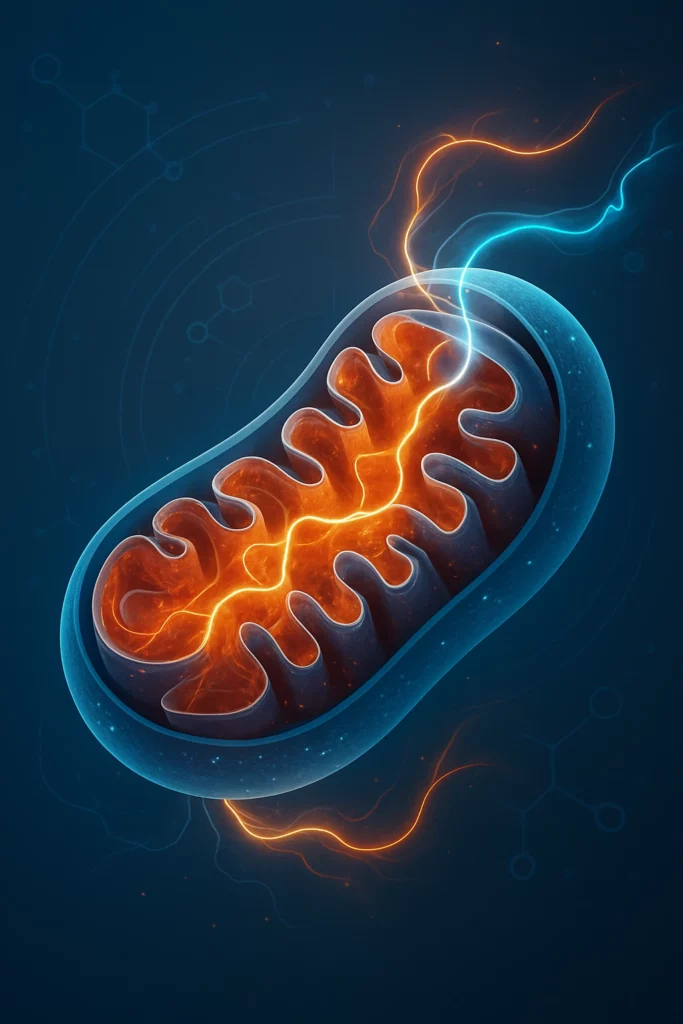
In modern medicine and nutraceuticals, there is a growing interest in molecules capable of influencing the underlying mechanisms of aging, energy metabolism, and cell regeneration.
Some of the most promising in this field are NAD⁺ (nicotinamideadenine dinucleotide) and its precursors NMN (nicotinamide mononucleotide) and NR (nicotinamide riboside).
These have become key active ingredients in supplements called “longevity nutraceuticals.”
According to data presented at Vitafoods Europe 2025, these molecules have become the basis for a new wave of innovation in energy maintenance, mitochondrial health and the slowing of biological age.
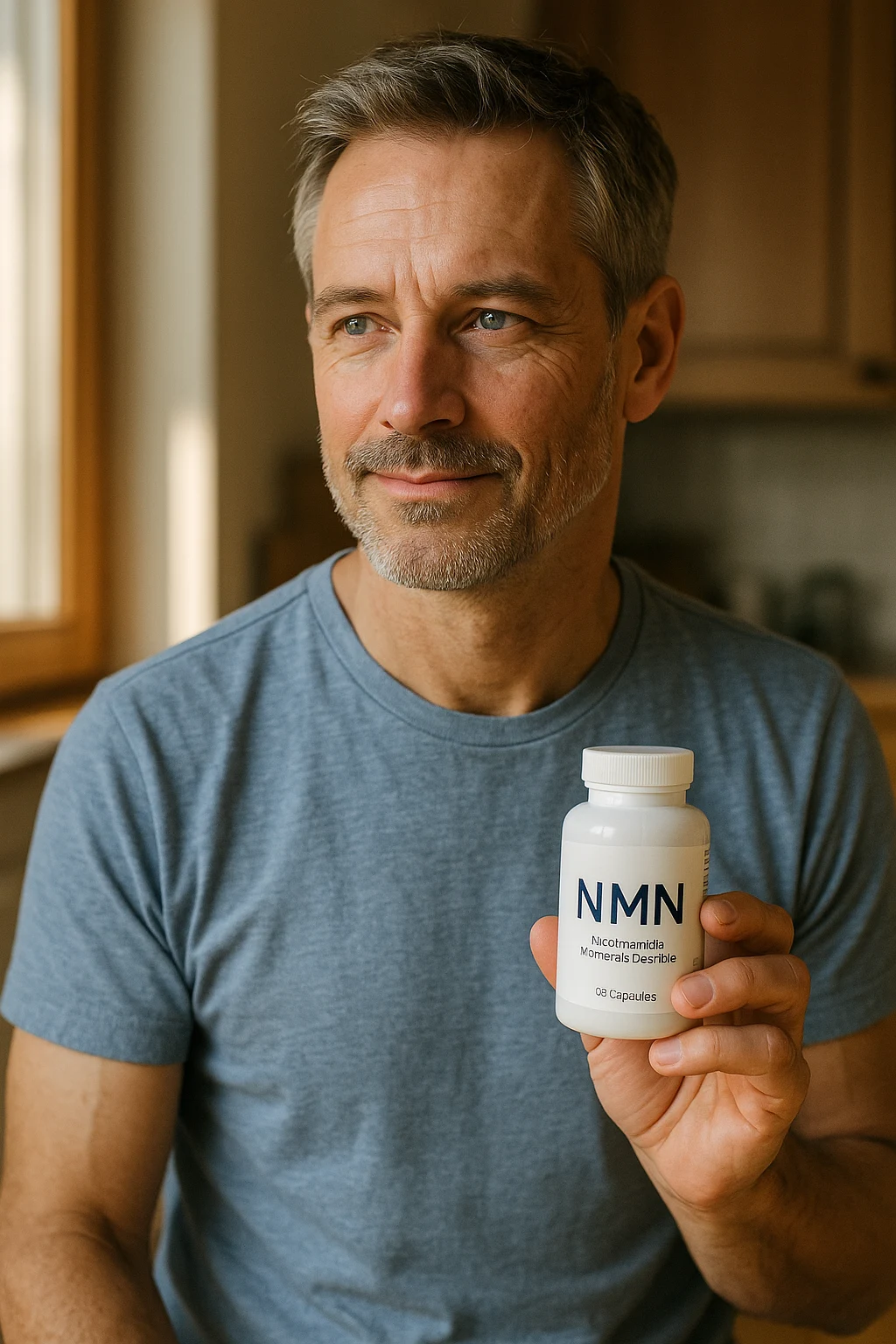
What is NAD⁺ and why is its level critical?
NAD⁺ is a coenzyme present in every cell of the human body. It is involved in hundreds of biochemical reactions, including:
-
Cellular energy (ATP) production through the mitochondrial cycle.
-
DNA repair.
-
Activation of sirtuins – proteins that control aging, inflammation and metabolism.
-
Regulation of circadian rhythms and immunity.
As we age, the level of NAD⁺ in the body decreases – already after the age of 40 this decline becomes noticeable, resulting in:
-
Decreased energy.
-
Deterioration of memory and cognitive function.
-
The appearance of chronic inflammation.
-
Decreased ability of cells to regenerate.

NMN and NR: how do these precursors work?
Since NAD⁺ itself cannot easily enter the cell from the outside, most nutraceutical solutions are based on precursors – substances from which the body synthesizes NAD⁺. The most studied of these are NMN and NR.
NMN (nicotinamide mononucleotide)
-
A direct precursor of NAD⁺.
-
Well absorbed by the body, including brain and muscle tissues.
-
Has a rapid onset of action, especially in the form of sublingual tablets or chewing gum.
-
Research: In a study by Japanese scientists (Yoshino et al., 2021), taking 250 mg NMN daily for 60 days improved insulin sensitivity and vascular function in elderly women.
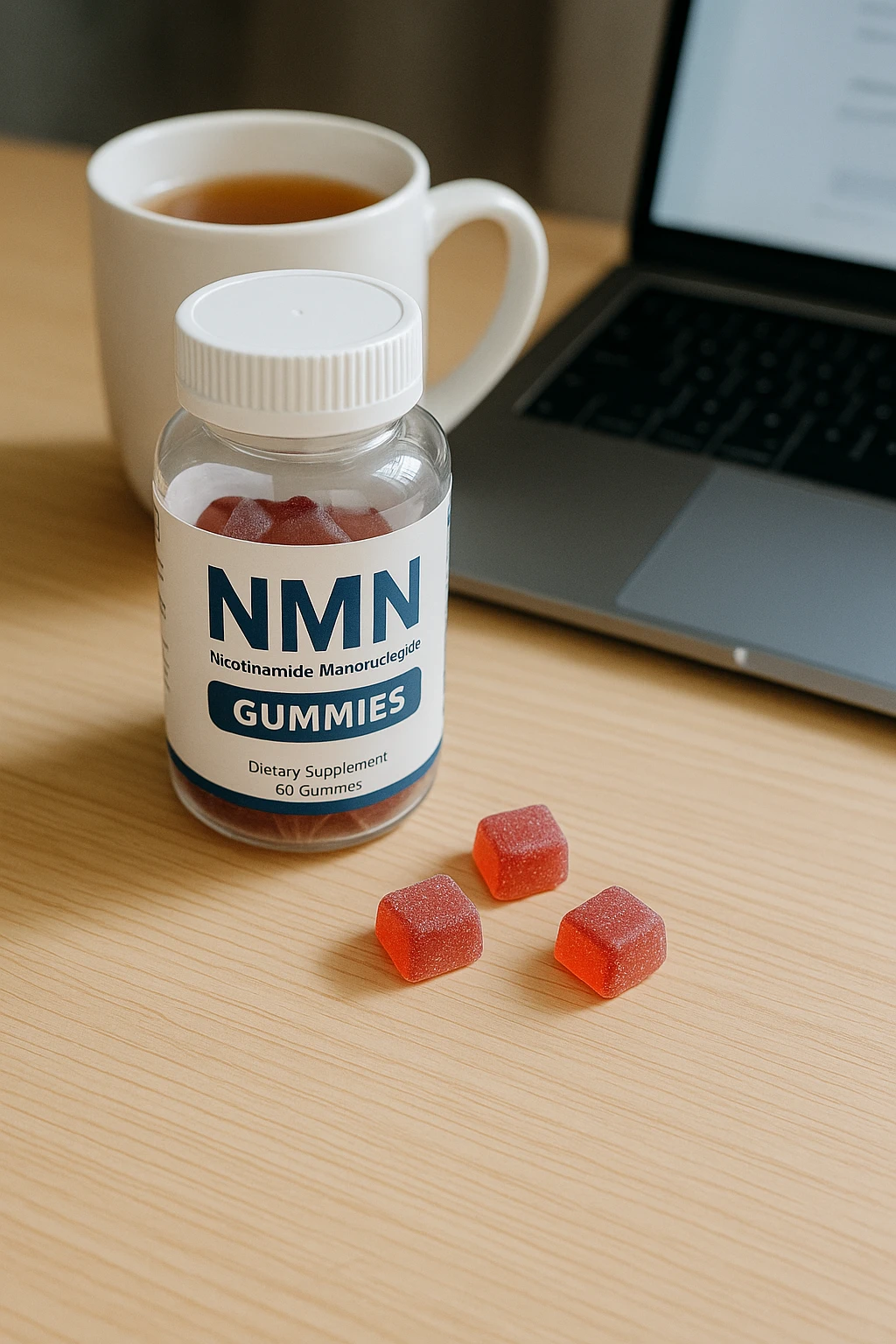
NR (nicotinamide riboside)
-
Another stable precursor of NAD⁺.
-
More common in capsule form and has more clinical trials in the US and EU.
-
Studies: Martens et al., 2022 showed that NR increased NAD⁺ levels in muscle and blood by 40% after 4 weeks of 500 mg/day in healthy middle-aged subjects.

To whom are NAD⁺ precursors recommended?
These supplements can be particularly helpful:
| Target group | Need or symptomatology |
|---|---|
| People 40+ | Loss of energy, memory impairment, slow recovery |
| Active persons | Need for rapid recovery from physical activity |
| Patients with metabolic syndrome | Insulin resistance, overweight, inflammatory processes |
| Perimenopausal and menopausal women | Decreased estrogen levels, fatigue, skin changes |
| Individuals with chronic stress or insomnia | Depletion of the neuroendocrine system |
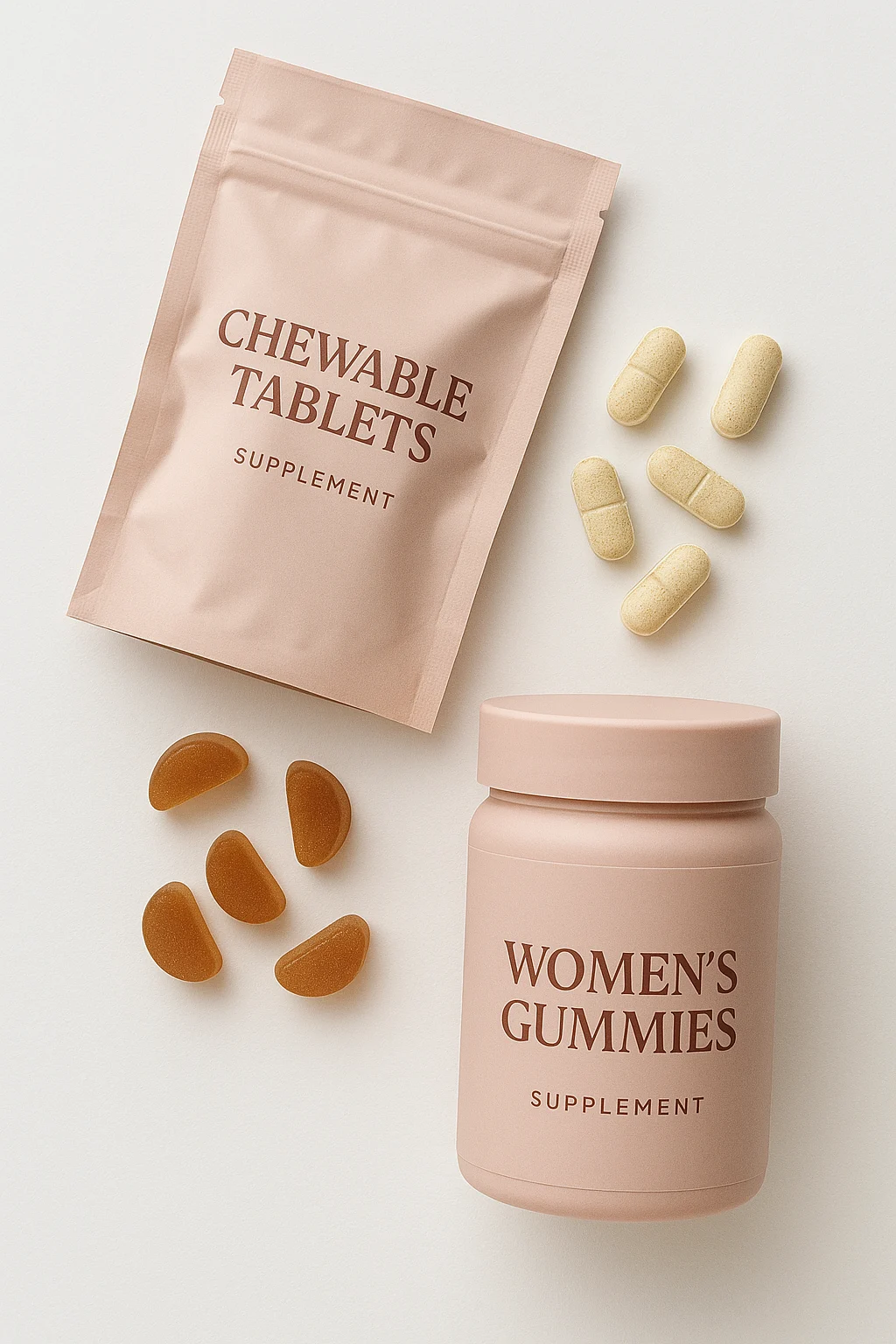
Delivery-systems: a new level of bioavailability
At Vitafoods Europe 2025, manufacturers presented innovative delivery systems:
-
Liposomal forms – improved penetration through the intestinal wall.
-
Chewable tablets/gum – convenience and rapid absorption.
-
Sublingual tablets – bypassing hepatic metabolism.
-
Combined formulas with coenzymes (CoQ10, resveratrol, PQQ) – synergistic action on mitochondria.
Benefits for skin, brain and immunity
NAD⁺ affects multiple systems:
-
Skin: improved turgor, wrinkle reduction due to reduced oxidative stress.
-
Nervous system: neuroprotection, reducing the risk of neurodegenerative diseases.
-
Immunity: increase of immune cell activity, reduction of inflammation.
Comparison of NAD⁺ precursors
| Parameter | NMN | NR |
|---|---|---|
| Speed of assimilation | High | Moderate |
| Research in Japan | +++ | + |
| Research in the US/EU | ++ | +++ |
| Skin potential | +++ | ++ |
| Form of release | Powders, gummies, sublingual tablets | Capsules, sprays |
Potential effects according to research
| Sphere of influence | Research | Result |
|---|---|---|
| Metabolism | Trammell et al., 2016 | +40% NAD⁺ |
| Vessels | Yoshino et al., 2021 | Improved arterial elasticity |
| Leather | Park et al., 2020 | Antioxidant action |
| Memory | Hou et al., 2018 | Reducing neuroinflammation |
| Muscles | Elhassan et al., 2019 | Increase in muscular endurance |
Side effects and cautions
-
Most often – mild agitation, headache or insomnia (especially when taken in the evening).
-
Less often – gastrointestinal discomfort.
-
Not recommended for pregnant/breastfeeding women without consulting a doctor.
Conclusions
Adding NAD⁺ precursors to your daily diet is a viable evidence-based strategy for active longevity. NMN and NR are safe nutraceuticals that are already demonstrating efficacy in clinical settings. New delivery systems make them accessible even to those who cannot tolerate classic capsules or tablets.
For practitioners, this opens up new approaches to supporting patients with chronic fatigue, metabolic disorders, age-related skin changes and neurodegenerative conditions.
Sources
-
Yoshino M. et al. Science (2021). [PMID: 33602865]
-
Martens C. et al. Cell Rep. (2022). [PMID: 35213624]
-
Trammell S. et al. Nature Communications (2016). [PMID: 27672196]
-
Park J. et al. Dermatology Reports (2020).
-
Hou Y. et al. Neurobiology of Aging (2018).
-
Elhassan YS et al. Nature Communications (2019). [PMID: 31431645]


